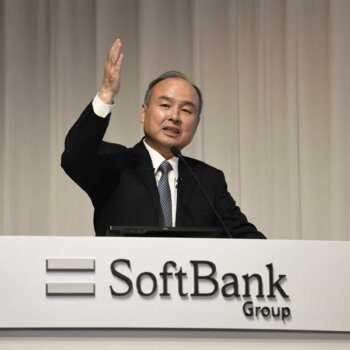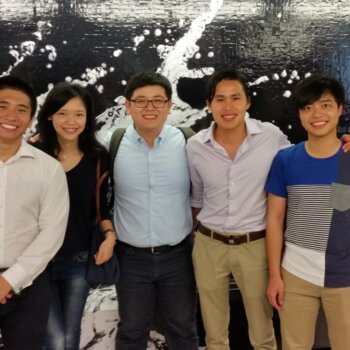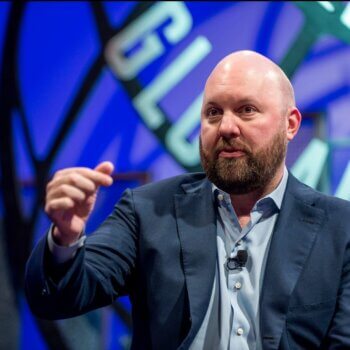How can a traumatic event like job loss be a gift? It can, if you consider the rarely discussed upside this situation offers – the gift of time. Instead of going to work, you can strategically invest your time to build your professional and private future and to pursue activities that you might have postponed for years during employment. Your time, yes, your lifetime, is your most important commodity – something we usually forget when dealing with our careers. Of course, you will have to find employment eventually, but delaying a full-time job search by a few months might pay lifelong dividends. Consider this:
1. You should expect job loss during you working life: You will work probably ~40 years total in a lifetime. The chance of losing your job at least once is high. That risk is independent of your level of hierarchy, education, performance, or your skills.
2. Your lifetime is limited and unknown to you: While you might expect to live to a certain old age based on actuarial tables, your life might end much earlier. Just look around and see how many of your friends, colleagues, or family members have already suffered serious diseases before the age of 50. This could be you tomorrow.
3. Time and money are both scarce, and there is a trade-off: Money finances your life. It takes time to earn money. Thus, money and time are both scarce resources and there is a trade-off between the two. Every day spent working will not come back and is lost forever for doing non-work activities. It is difficult to get this trade-off right, though our work ethic seems to bias us favoring money over time.
4. Human beings are bad at allocating time strategically: We have hard time thinking ahead in years or decades. We either over- or underestimate the effect of time and timing on our career, job, education, investments, and personal life. We underestimate the risk of time when marrying. We overestimate how much time is left to build a solid nest egg for retirement. We fail to see that specific opportunities will not come back once a certain point has passed; we postpone a trip with a family member for career reasons only to see this person pass away “too early.”
5. Job loss can be an amazing gift as it frees up time: Assuming that you have at least some savings or severance, you have a choice. You can dive right into job search. Or you can accept and explore the valuable option of first pursuing activities for which you might not have had sufficient time during the previous years of employment, and likely might not have sufficient time for after you start a new job. You have a unique opportunity to start investing wisely for a better career, richer life, and long-lasting happiness.
Here are some ideas for you: Never had time to get certified in your functional area of job expertise? Do it now. Dreaming about leaving Corporate America in order to teach, join a non-profit, or start your own company? Explore this avenue now. Think that job prospects are better in another city? Spend a few weeks there to investigate before moving. Always wanted to learn a foreign language to get ahead jobwise? Sign up for language classes and get fluent in three months. Never had time to find a spouse because of all the hard work? Focus your time on dating. Always postponed your dream vacation from your “bucket list”? It might be now or never. Never had the discipline to shed a few pounds? Start exercising now. Not sure what your “true calling” is? Reflect on what is really important to you.
Whatever you decide, don’t let the time of unemployment pass without profiting from it. Decide your course of action based on your personal and professional goals, and your economic circumstances. Make it a true gift that will keep giving for years to come.
written by Michael Froehls of Texas Enterprise. see more.





























